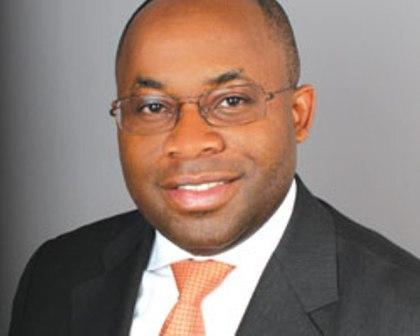Nigeria’s sovereign wealth fund said its investment programme over the next six months, including on infrastructure, will go ahead, even as revenues that provide its capital are hit by falling oil prices.
Uche Orji, Chief Executive of the Nigeria Investment Authority, highlighted one of the vehicle’s core aims is to manage oil export windfalls to cushion the economy in harder times.
“The oil price, yes, it’s come down. But frankly, let’s not forget why this fund was set up. It was to prepare us for days like this,” he told Reuters on the sidelines of an African investment conference in London on Tuesday.
Orji conceded that weakness in the international oil market would affect the fund but he remained focused on deploying existing assets to investment in infrastructure projects in sectors such as transport, power and healthcare.
“Obviously we get funded from the oil price so if it’s lower, it will affect us. But … our plan in the next six months is to fully deploy what we’ve been given. We still haven’t fully deployed our capital yet,” he said.
Oil prices have dropped more than 25 percent since June on strong supply, signs of weak growth in demand and indications that key oil producers, particularly Saudi Arabia, have a limited appetite to cut output to bolster prices.
Nigeria, Africa’s top oil producer and most populous nation, established the Sovereign Investment Authority (SIA) in 2011 with $1 billion of seed capital in an effort to manage oil export revenues.
The fund is split into three components, a ‘Stabilisation Fund’ to act as a buffer against economic turbulence, an Infrastructure Fund and a Future Generations fund.
Orji left a job as a managing director in UBS’s equities division in New York in 2012 to move back to Nigeria and run the fund.
Though the fund has now completed its allocation to private equity, it is still looking for new opportunities in infrastructure, he said.
“We still have gaps in our infrastructure fund. We’ve only made about three commitments so far so we have quite a few more to go,” he said.
According to the fund’s website, the infrastructure vehicle accounts for up to 40 percent of total assets with a similar amount allocated to the portion managed for future generations and the remaining 20 percent set aside for economic stabilisation.



Leave a Reply